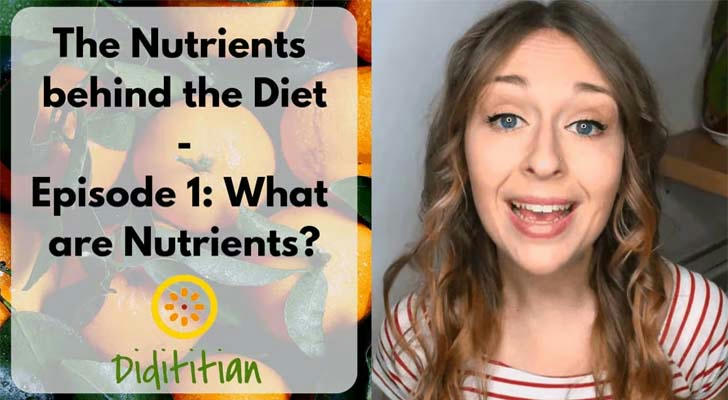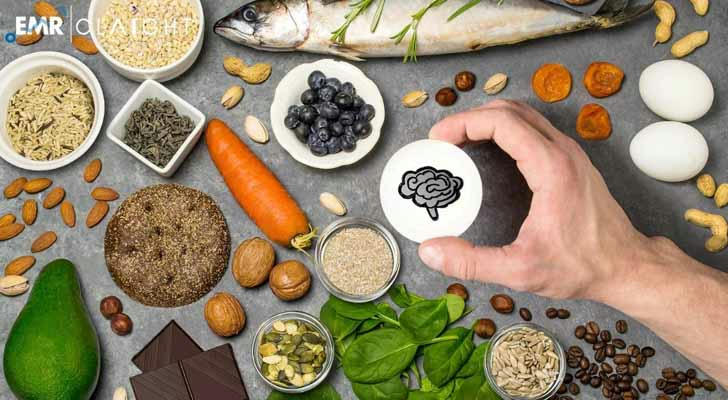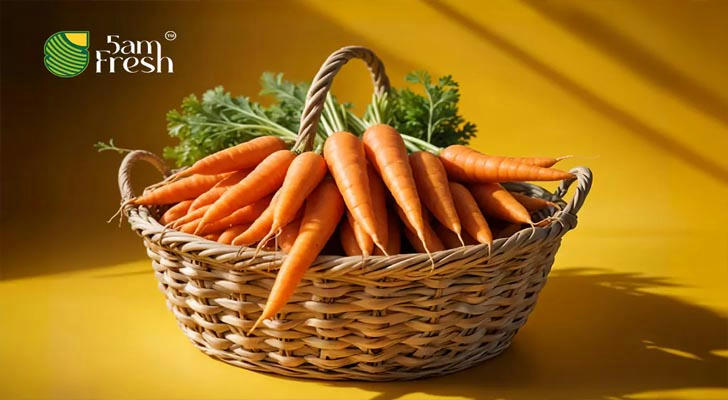The Fascinating World of Nutrition: Why What You Eat Matters More Than You Think
Have you ever wondered why some foods make you feel like a superhero while others leave you dragging through the day? Or why your grandma always insisted on eating carrots for better eyesight? Welcome to the world of nutrition science, where food isn’t just fuel—it’s a fascinating blend of biology, chemistry, and a little bit of magic. Let’s dive into the science behind what we eat and how it shapes our lives, with a sprinkle of fun along the way!

The Science of Food: More Than Just Calories
Nutrition isn’t just about counting calories or avoiding carbs. It’s about understanding how the food we eat interacts with our bodies at a molecular level. Here are some cool facts to chew on:
- Carrots and Vision: Grandma was right! Carrots are rich in beta-carotene, which your body converts into vitamin A—a key nutrient for good vision. But don’t expect night-vision superpowers; that’s just a myth from World War II propaganda!
- Gut Feeling: Your gut is home to trillions of bacteria, collectively known as the microbiome. These tiny creatures play a huge role in digestion, immunity, and even your mood. Eating fiber-rich foods like fruits, veggies, and whole grains keeps them happy—and a happy gut means a happier you!
- Chocolate and Happiness: Dark chocolate contains compounds like theobromine and phenylethylamine, which can boost your mood. No wonder it’s the ultimate comfort food!
A Day in the Life of a Nutritionist
Meet Sarah, a registered dietitian and nutritionist who turned her love for food into a career. Sarah’s job is part detective, part teacher, and part cheerleader. Here’s a glimpse into her day:
- Morning: Sarah starts her day by reviewing a client’s food diary. She notices they’re eating too much processed food and not enough protein. She creates a personalized meal plan packed with lean proteins, colorful veggies, and healthy fats.
- Afternoon: Sarah hosts a workshop on “Eating for Energy.” She explains how balancing macronutrients (carbs, proteins, and fats) can prevent that mid-afternoon slump. Her secret tip? Snack on almonds and an apple for a quick energy boost.
- Evening: Sarah ends her day by experimenting with a new recipe—quinoa-stuffed bell peppers. She believes healthy eating should be delicious and fun, not boring or restrictive.
Sarah’s story shows how nutrition isn’t just about science—it’s about helping people live healthier, happier lives.

Fun Food Myths Busted
Let’s clear up some common misconceptions about food:
- Myth: Eating fat makes you fat.
Truth: Healthy fats, like those in avocados and nuts, are essential for brain health and energy. It’s the type of fat that matters, not the fat itself. - Myth: Skipping meals helps you lose weight.
Truth: Skipping meals can slow your metabolism and lead to overeating later. Balanced meals are the way to go! - Myth: All sugar is bad.
Truth: Natural sugars in fruits come with fiber, vitamins, and antioxidants. It’s added sugars in processed foods you should watch out for.
Why Nutrition Science is Cool
Nutrition science is like a treasure hunt for your health. It’s about discovering how food affects your body, mind, and even your genes. Here are some reasons why it’s so fascinating:
- Personalized Nutrition: Did you know your genes can influence how you metabolize food? Personalized nutrition is the future, tailoring diets to your unique genetic makeup.
- Food as Medicine: Hippocrates said, “Let food be thy medicine,” and modern science agrees. Foods like turmeric, ginger, and blueberries have anti-inflammatory properties that can help prevent chronic diseases.
- The Mind-Gut Connection: Your gut and brain are in constant communication. Eating probiotic-rich foods like yogurt and kimchi can improve your mental health—a concept known as the “gut-brain axis.”

A Case Study: The Power of Nutrition
Let’s talk about Jake, a college student who struggled with low energy and frequent colds. After consulting a nutritionist, Jake discovered he wasn’t getting enough iron or vitamin C. By adding spinach, lentils, and oranges to his diet, he noticed a dramatic improvement in his energy levels and immunity. Jake’s story is a great example of how small dietary changes can have a big impact.
Conclusion: Food for Thought
Nutrition science is more than just a field of study—it’s a journey of discovery. Whether you’re exploring the benefits of superfoods, decoding food labels, or experimenting with new recipes, there’s always something new to learn. So next time you sit down for a meal, remember: you’re not just eating. You’re fueling your body, mind, and soul.
And who knows? Maybe you’ll be inspired to dive deeper into the world of nutrition, just like Sarah and Jake. After all, food is the ultimate blend of science, culture, and joy. Bon appétit! 🍎🥑🍫
Fun Fact: Did you know bananas are technically berries, but strawberries aren’t? Nutrition science is full of surprises!
